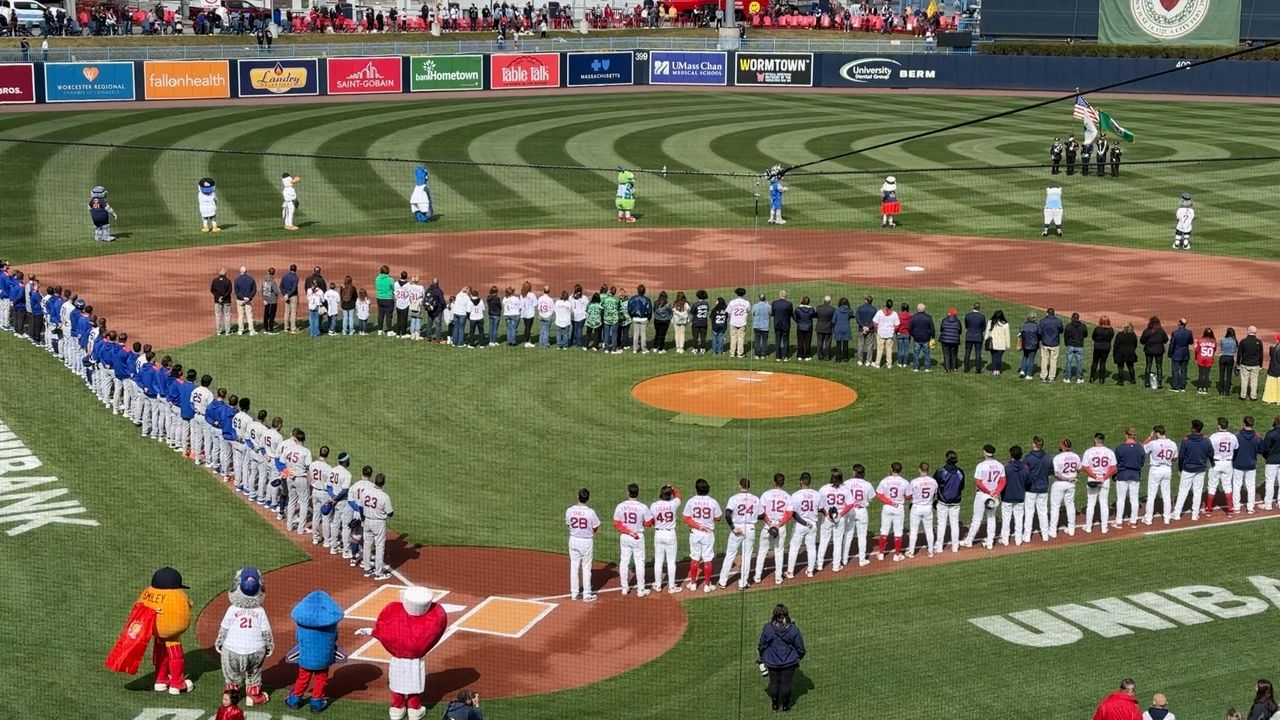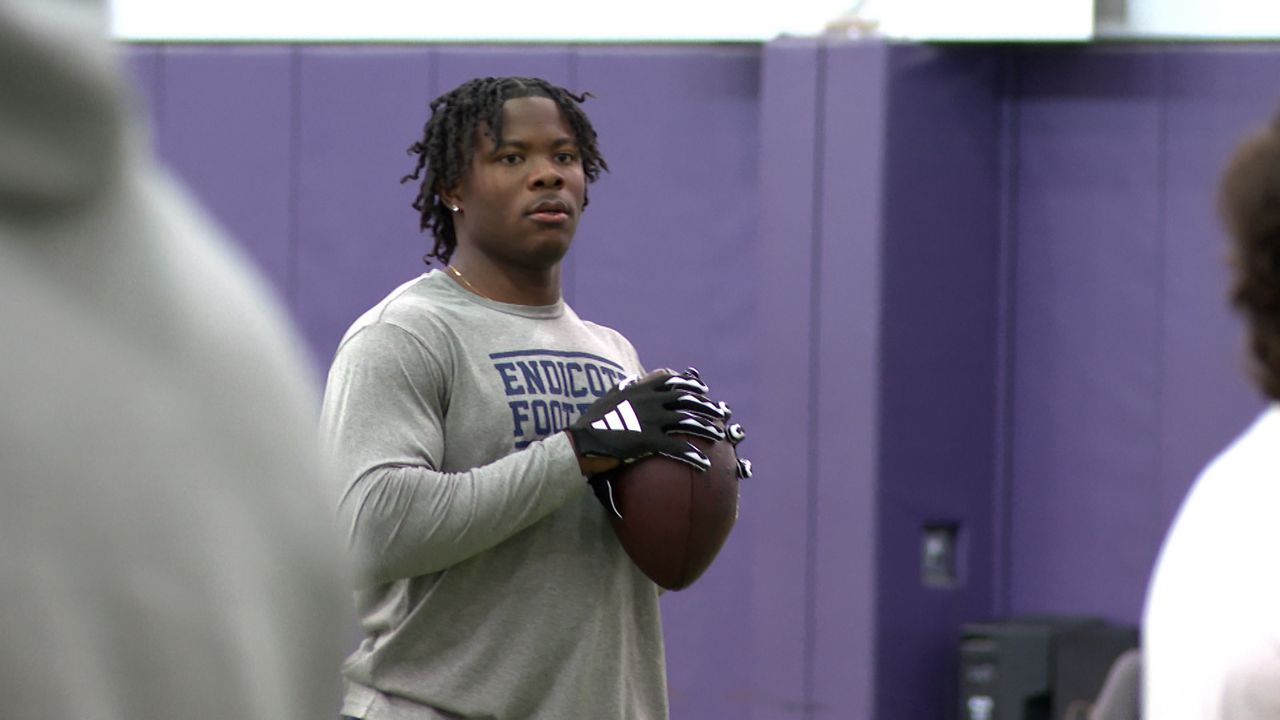WORCESTER, Mass. - The clock could be ticking on daylight saving time, with President-elect Donald Trump voicing support for ending it.
It’s not the first time the proposal has come up in Congress or individual states, but those in favor of the measure are hopeful there’s more momentum this time around.
What You Need To Know
- President-elect Donald Trump recently endorsed ending daylight saving time in the U.S.
- Sen. Ed Markey (D-MA) and Sen. Rubio (R-FL) have advocated for the measure previously
- Experts believe there would be several health and safety benefits to getting rid of daylight saving time
- Some experts, however, are concerned later sunrises could be dangerous, pushing instead for adopting permanent standard time
Daylight saving time has a complicated history in the United States - it was first broadly adopted as a way to save energy during World War I and World War II before it became federal law in 1966 to end the confusion caused by leaving it up to local governments.
In the years since, unintended consequences ranging from a negative impact on people’s mental health to an increase in car crashes when the clocks turn back has had some people questioning why it’s still followed.
Prior to President-elect Trump’s support, getting rid of daylight saving time had struck a rare bipartisan chord in Congress, with Sen. Marco Rubio (R-FL) and Sen. Ed Markey (D-MA) joining forces to gather support for the effort.
Dr. Anthony Izzo, medical director of the Sleep Center at Saint Vincent Hospital, said they have plenty of reason to take action.
“Everybody hates the clock change,” Izzo said. “Whether it’s parents of young children, pet owners, people who work jobs that start very early, it’s just such a big hassle for everybody. Basically, it jet lags the whole country.”
The sudden adjustment to people’s sleep schedules when the clocks turn back can even have a deadly impact on the roads. According to AAA Northeast, from 2019 to 2023, there was a 38% increase in crashes in the 5 p.m. hour in the month of November compared to October.
AAA Northeast senior spokesperson Mark Schieldrop said visibility and fatigue were primary factors.
“People are often tired behind the wheel when it’s dark out, and the time change itself can interfere with people’s circadian rhythms,” Schieldrop said. “People tend to be just a little bit more likely to be drowsy after the time change when they’re driving, particularly in the afternoon when they’re driving home from work after a long day.”
But among those looking to do away with the time change, there are two schools of thought: Lawmakers like Rubio and Markey largely want to establish permanent daylight saving time, meaning in mid-December, the sun wouldn’t rise until slightly after 8 a.m. in Worcester, setting around 5:15 p.m. Among sleep experts, Izzo said there’s more support in opting for permanent standard time to avoid the sun rising so late.
“You can see how that that would be really crummy and dangerous in a lot of situations,” Izzo said. “School children waiting for the bus, construction workers starting their day and working for up to 3 hours in the dark before the sun even rises. It's really not a safe situation.”
President-elect Trump hasn’t said whether he would support permanent daylight saving time or permanent standard time.
Last year, there were competing bills in the Massachusetts Legislature last year for each option.











